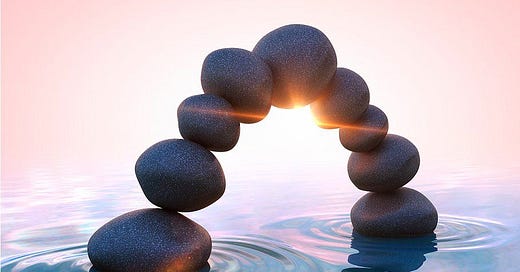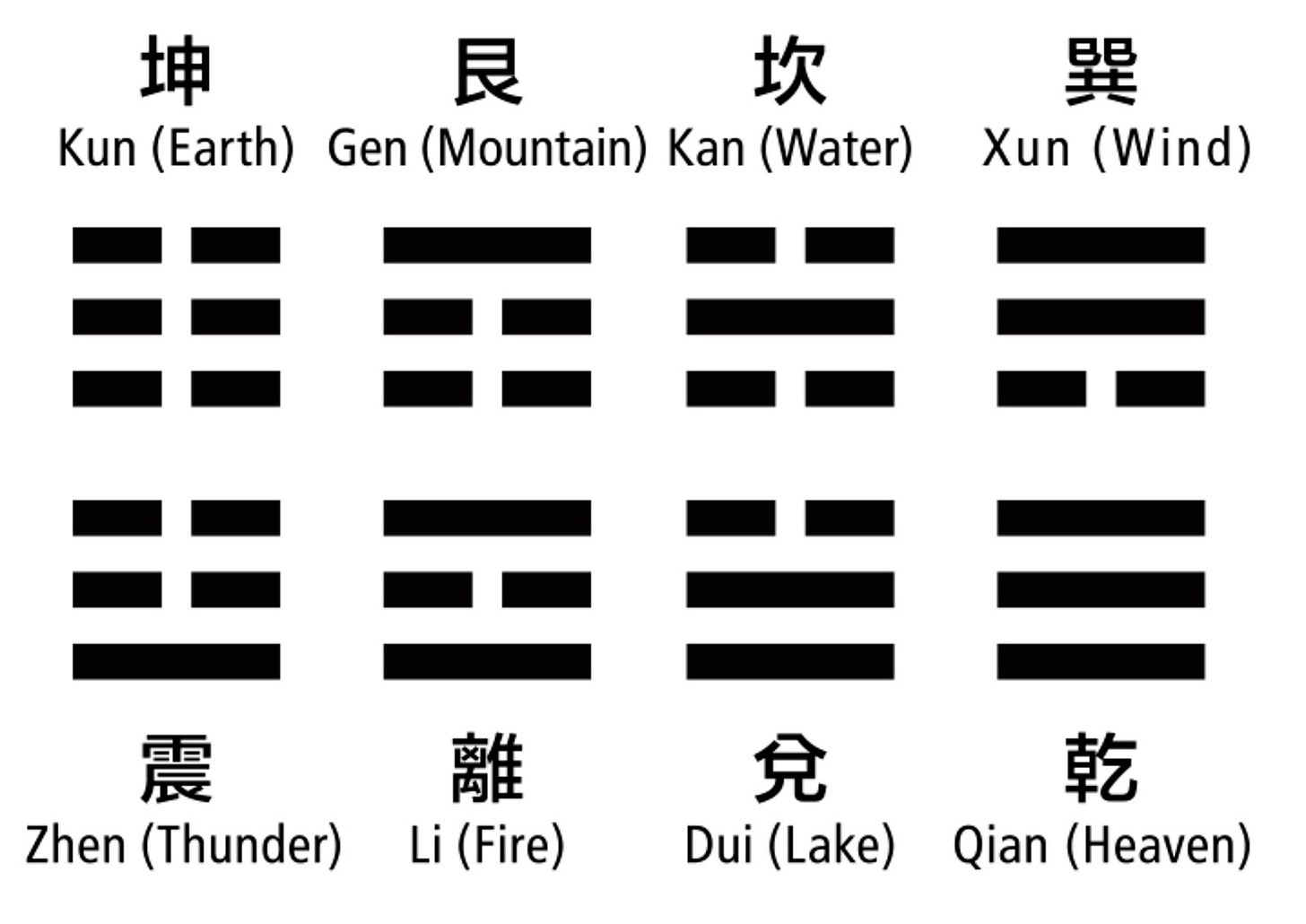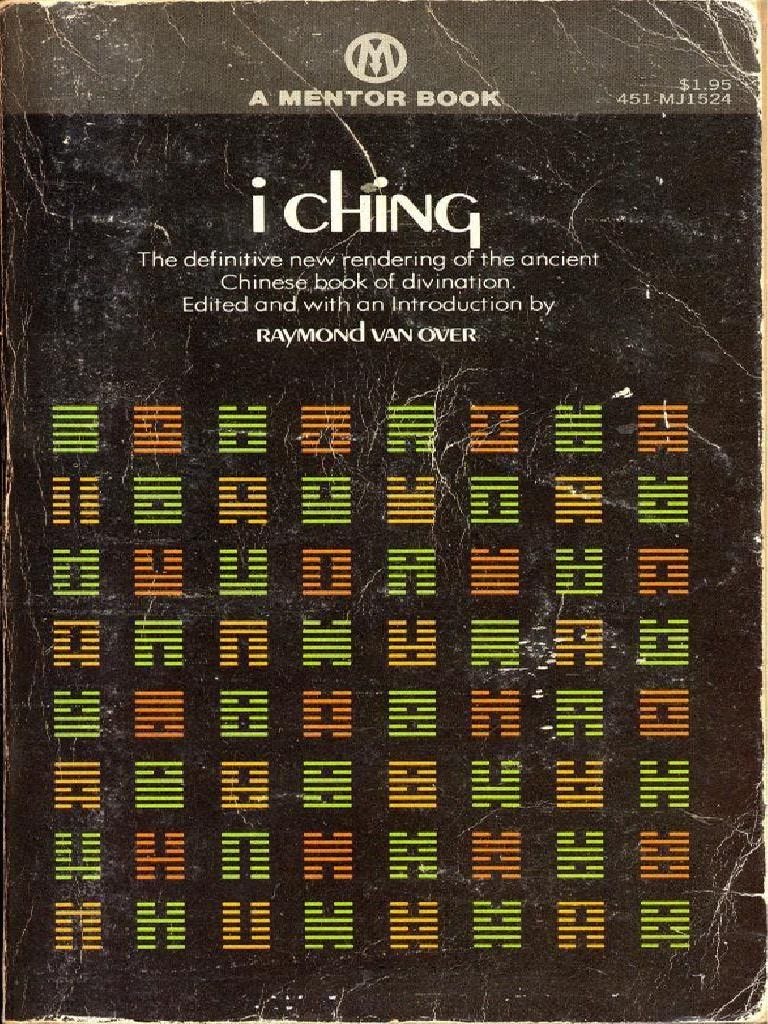EVERYTHING CHANGES
Quoting Heraclitus, LaRouche, Nietzsche, the I Ching, Rumi, a Tibetan Buddhist master, Jamyang Khyentse Chökyi Lodrö and my own humble logos or reasoning.
Science is not a series of steps; it is a continuing process of creativity, in the sense of Heraclitus' "nothing is permanent but change." It is a creativity properly nourished by each accomplishment, an accomplishment which itself moves the healthy mind onward and upward toward greater challenges than those he, or she has just conquered.
It is not "a change" which defines science; it is an ongoing, unbroken, growing, ever-strengthening process of constantly changing, a progress which continues to the last good years of an individual creative life. Scientific achievement is not a discovery; it is an unending process of further discoveries. The true scientist is not a discoverer of this or that; he, or she, embodies a process of ongoing, successive discoveries. It is not the act of discovery, that defines the scientist; it is the unending process of generating new discoveries. ~ On the Subject of
Tariffs and Trade by Lyndon H. LaRouche, Jr. January 12, 2004
Here, in a 14 minute video, we can explore the main principles of Heraclitus' thought. This includes the idea of the Logos, fire as the first principle of the Universe, change as the only permanent quality of being, and the inadequacy of language to convey wisdom.
Meanwhile, in the far east of the world, the Chinese also have a strong and ancient understanding of the nature of change via their most famous book, the I Ching.
I Ching and Change
The I Ching has served for thousands of years as a philosophical taxonomy of the universe, a guide to an ethical life, a manual for rulers, and an oracle of one’s personal future and the future of the state. It was an organizing principle or authoritative proof for literary and arts criticism, cartography, medicine, and many of the sciences, and it generated endless Confucian, Taoist, Buddhist, and, later, even Christian commentaries, and competing schools of thought within those traditions.
In China and in East Asia, it has been by far the most consulted of all books, in the belief that it can explain everything. In the West, it has been known for over three hundred years and, since the 1950s, is surely the most popularly recognized Chinese book. With its seeming infinitude of applications and interpretations, there has never been a book quite like it anywhere. It is the centre of a vast whirlwind of writings and practices, but is itself a void, or perhaps a continually shifting cloud, for most of the crucial words of the I Ching have no fixed meaning.
The origin of the text is, as might be expected, obscure. In the mythological version, the culture hero Fu Xi, a dragon, studied the patterns of nature in the sky and on the earth: the markings on birds, rocks, and animals, the movement of clouds, the arrangement of the stars. He discovered that everything could be reduced to eight trigrams, each composed of three stacked solid or broken lines, reflecting the yin and yang, the duality that drives the universe. The trigrams themselves represented, respectively, heaven, a lake, fire, thunder, wind, water, a mountain, and earth (see illustration below).
From these building blocks of the cosmos, Fu Xi devolved all aspects of civilization—kingship, marriage, writing, navigation, agriculture—all of which he taught to his human descendants.
Here mythology turns into legend. Around the year 1050 BCE, according to the tradition, Emperor Wen, founder of the Zhou dynasty, doubled the trigrams to hexagrams (six-lined figures), numbered and arranged all of the possible combinations—there are 64—and gave them names. He wrote brief oracles for each that have since been known as the “Judgments.” His son, the Duke of Zhou, a poet, added gnomic interpretations for the individual lines of each hexagram, known simply as the “Lines.” It was said that, five hundred years later, Confucius himself wrote ethical commentaries explicating each hexagram, which are called the “Ten Wings” (“wing,” that is, in the architectural sense).
The archaeological and historical version of this narrative is far murkier. In the Shang dynasty (which began circa 1600 BCE) or possibly even earlier, fortune-telling diviners would apply heat to tortoise shells or the scapulae of oxen and interpret the cracks that were produced. Many of these “oracle bones”—hundreds of thousands of them have been unearthed—have complete hexagrams or the numbers assigned to hexagrams incised on them. Where the hexagrams came from, or how they were interpreted, is completely unknown. ~ What is the I Ching by Eliot Weinberger
The I Ching emphasizes that when a change is in harmony with the laws of the universe, the desired goal will be attained.
It functions on the premise that everything in the universe is in a constant state of change, and this flux is captured within its 64 hexagrams Each hexagram represents a unique pattern of dynamic forces, embodying different aspects of life, nature, and human experience. When consulting the I Ching, one generates a hexagram that reflects their current situation and potential directions forward The process is less about predicting a fixed future and more about uncovering hidden influences and opportunities, allowing the questioner to understand the best path to take given the present circumstances By revealing these dynamic forces at play, the I Ching encourages a contemplative approach to decision-making, inviting individuals to embrace the uncertainties of life with wisdom and flexibility.
Have you ever taken the time to consider why our species thinks it must dominate everything? What drives that idea?
Consulting my battered old copies of the I Ching for an answer, my attention is drawn to hexagrams one and two which convey pure Yang and pure Yin respectively. The essence of domination and the essence of submission are expressed poetically in terms of dragon energy and soft compliant earth. Each has its equal and opposite in the other.
When there is a balanced harmony between the two forces a new energy is born, Chi or life energy.
Therefore healthy life depends upon achieving a balanced harmony between domination and submission. Sounds so simple, doesn’t it?
I don’t see humanity doing that right now.
I see extreme domination stepping up a level every day.
I see constant threat and fearmongering.
It is disappointing.
Submission to such pressure is incomplete or coerced so harmony cannot exist, let alone support life. The result is disastrous inevitably.
It follows therefore, that to restore life’s sustaining balance, the dominating force must be denied submission rather than actively opposed.
Submission is tacit approval.
Do not approve of any extreme. Neither domination nor submission.
Seek the life sustaining balance point between the two.
The quote, "What you seek is seeking you" is attributed to Rumi, a 13th-century Persian poet and philosopher. This phrase can be interpreted in various ways, but it generally suggests that the things you desire are already within your reach or are actively moving towards you. It encourages individuals to trust the process and believe that what they seek is meant for them and will eventually find its way to them.
A highly profound thought….
Some interpretations of the quote emphasise the idea that your life has a purpose, and the things you seek are aligned with that purpose. It can also be seen as a reminder to identify what makes you happy and let it come to you, without putting too much pressure on yourself.
To finish I provide you with a simple focusing tool, a chant quoted from a favourite Tibetan mentor, Tibetan Buddhist master, Jamyang Khyentse Chökyi Lodrö:
e-ma-ho pen-no pen-no so-ha!
Emaho means “How Marvelous!” It is an exclamation of wonder or amazement. Penno means “may it be beneficial!” and this is repeated twice. Soha means “so be it” or more literally, “well said”.
—0—
If you appreciate my writing but cannot commit to a paid subscription you could buy me a coffee at: https://www.buymeacoffee.com/FrancesLeader
Please note that all my work is entirely free to read and will never be hidden behind a paywall. My lovely paying subscribers contribute knowing this to be true and I would like to take this opportunity to thank them very much for their ongoing support.
The important thing is sharing this educational information on social media, especially on X and Facebook and Discord where I am permanently excluded because my work continues to upset the totalitarians.








The burden of being deep in a shallow world.
Feeling too much is not a weakness — it's depth in a shallow world. In this video, we explore Carl Jung's psychology, existential philosophy, and the emotional impact of living with intensity in a superficial society. If you feel out of place, emotionally exhausted, and want to understand your deep sensitivity, this video is for you.
https://youtu.be/8A8RQoWKdlo
Whatever ghastly and deranged manual the current crop of world rulers are using it needs to be burned and scrubed from history....along with the rulers using it.
We do not need masters since that implies we are slaves. We do not need leaders since that implies we are lost. We do not need human gods as that implies humans should endlessly worship them.
For practical living, as we are born into the world and its societies, we can live in them but not be a part of them. Engaging in society psychologically is to join in its insanity.